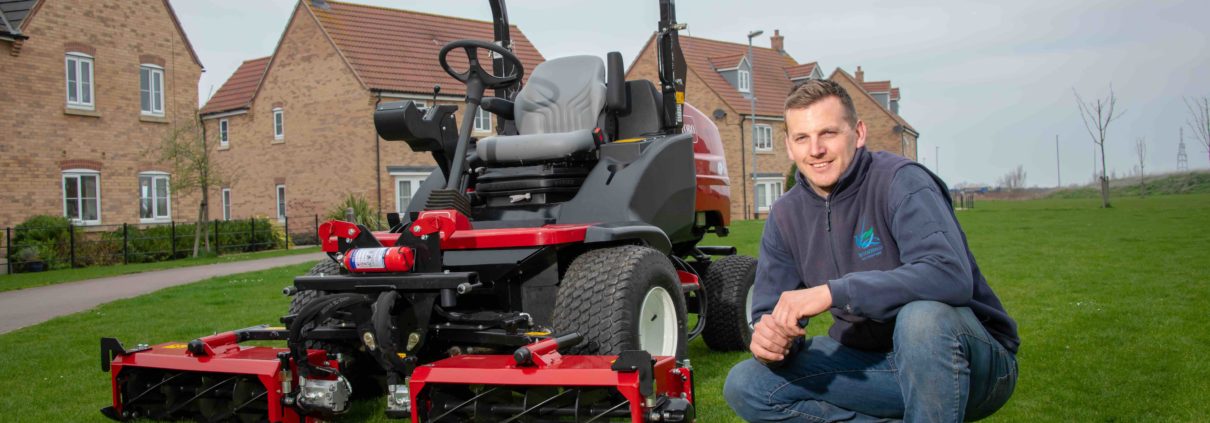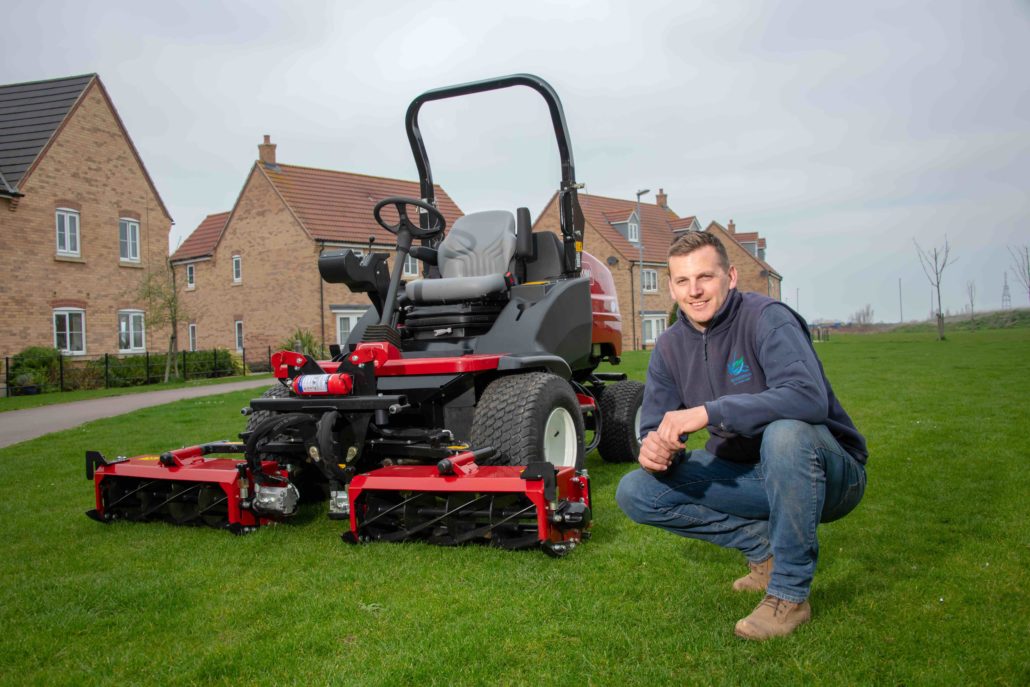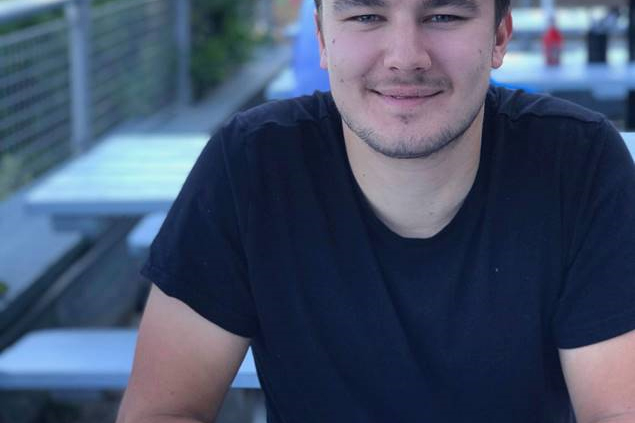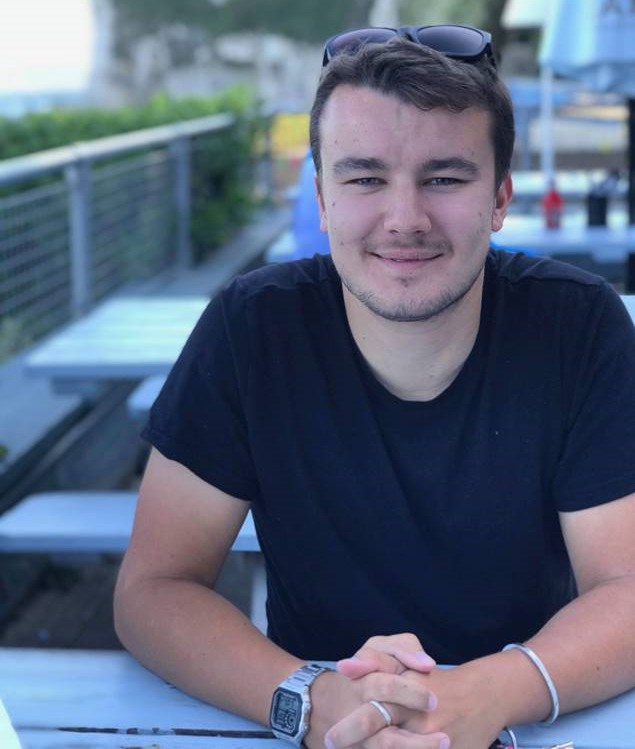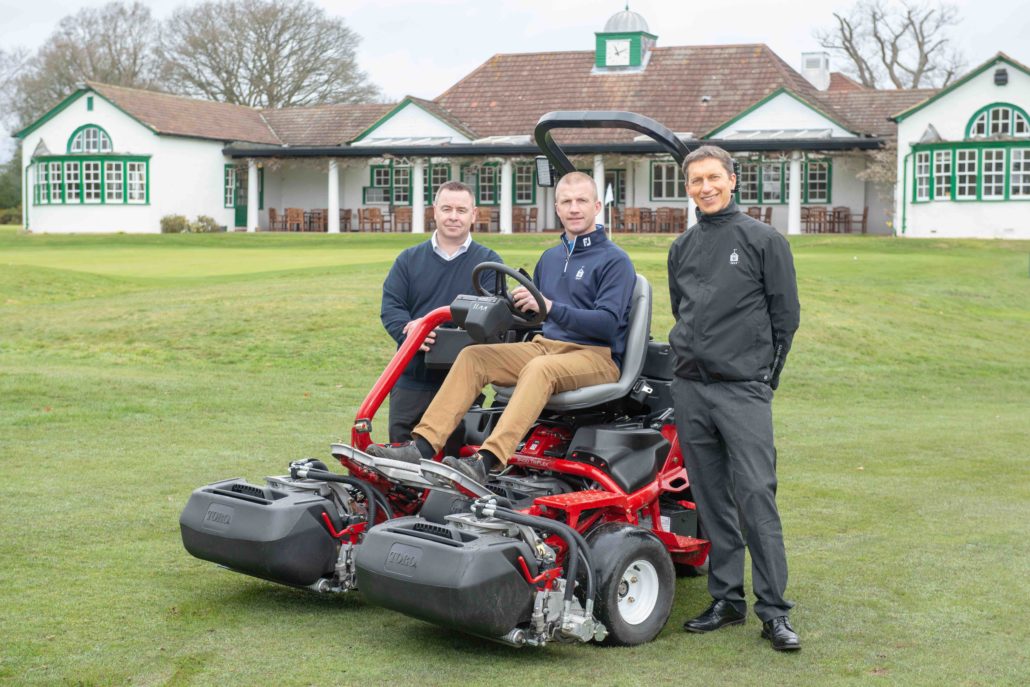Pitch Award For Nowlan Park
Pitch Award For Nowlan Park: Nowlan Park, Kilkenny, has received their 2018 GAA County Pitch of the Year Award, sponsored by Campey Turf Care Systems.
As part of their prize the grounds team at Nowlan Park will receive a specially commissioned award and pitch supplies from Campey and fellow sponsors Irish Turfcare and ICL.
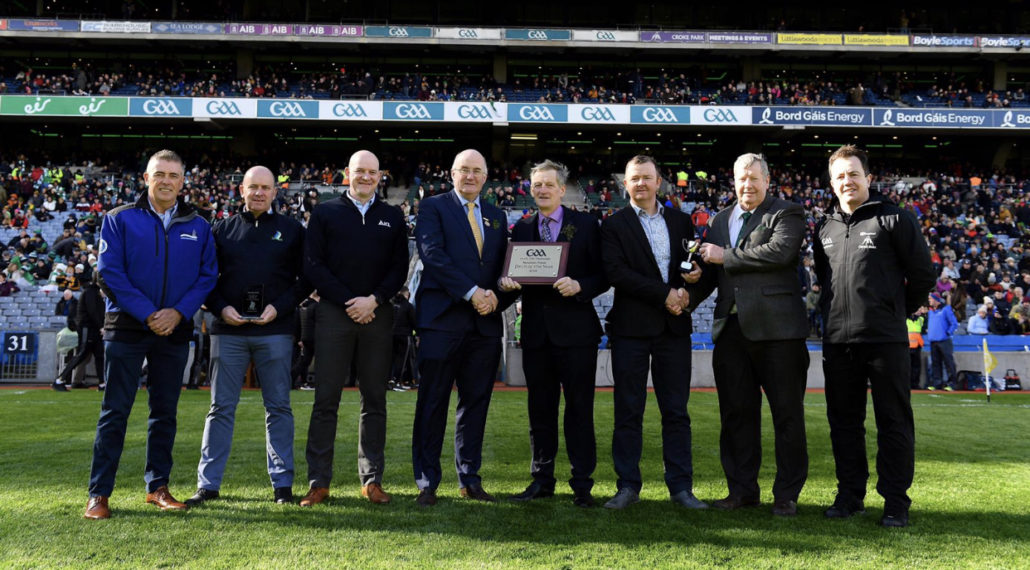
The Kilkenny city venue was chosen in August 2018 after a thorough adjudication process, with McGovern Park, South Ruislip in London announced as the runner-up.
Other venues including Dr Hyde Park, Roscommon, Semple Stadium, Tipperary, Innovate Wexford Park, Wexford and Netwatch Cullen Park, Carlow were shortlisted as high achievers in the competition for excellence in playing surfaces.
Assessment of the grounds nationwide was completed by Stuart Wilson, Pitch Manager at Croke Park and the GAA National Games Development Centre, and by Dr Stephen Barker of the Sports Research Institute, who visited all six venues.
The process involved scoring and feedback from referees during the National Leagues in spring and took into consideration a Pitch Quality Assessment based on performance standards, construction, management program, environmental conditions and usage levels.
The awards scheme is part of a wider initiative to improve the standards of playing surfaces around the country and to share some of the expertise and experience used at Croke Park and from the GAA’s National Pitch Committee.
Commenting on the scheme and the results, GAA President John Horan said: “I would like to congratulate all the team who are responsible for the pitch in Nowlan Park on winning this award. It’s a pitch that gets more than its fair share of important, high profile matches and thanks to the time, dedication and investment, there is a surface there worthy of the great occasions hosted by Nowlan Park.
“This is an important scheme for the GAA to champion and I want to thank Stuart Wilson and also the National Pitch Committee for setting standards and encouraging our ground staff around the country to ensure that our pitches are in the best possible condition for our great Games.”
Campey continues to place a high priority on recognising excellence within the professional turf care industry as well as conducting regular educational days for everyone from volunteers to full-time turf professionals.
For the latest industry news visit turfmatters.co.uk/news
Get all of the big headlines, pictures, opinions and videos on stories that matter to you.
Follow us on Twitter for fun, fresh and engaging content.
You can also find us on Facebook for more of your must-see news, features, videos and pictures from Turf Matters.


